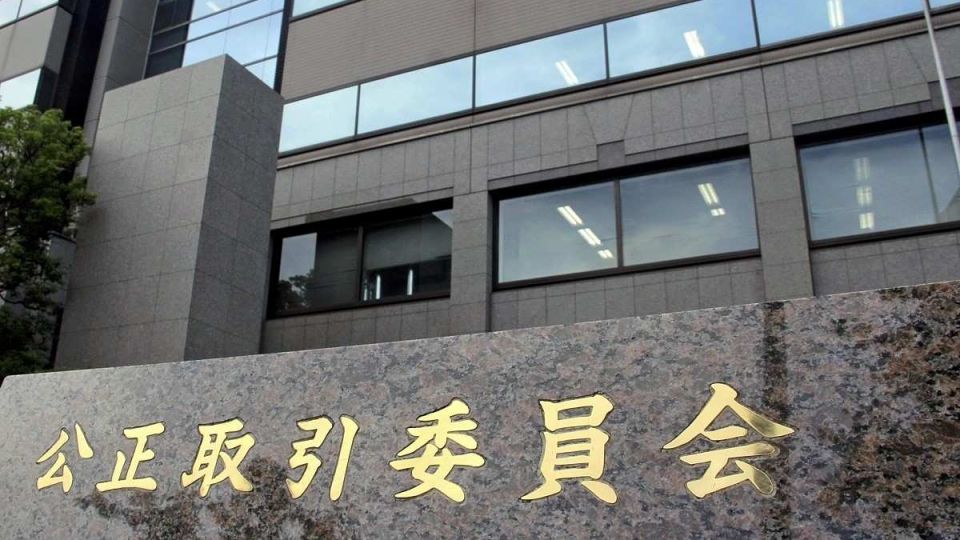October 1, 2024
TOKYO – The Japan Fair Trade Commission (JFTC) has decided to launch a fact-finding survey on the generative artificial intelligence market. Some are concerned about the impact of generative AI on domestic firms, as U.S. IT giants and other firms are increasingly sequestering the data, semiconductors, human resources and other resources necessary for its development. The aim is to identify antimonopoly regulation issues at an early stage and promote healthy market competition.
JFTC will soon release materials showing competition issues surrounding generative AI, seek a wide range of information on the actual state of the market and conduct interviews with domestic and foreign companies and experts. Considering the rapidly changing circumstances of the market, the results of the survey will be made public when necessary.
The development of generative AI requires data for learning, semiconductors and computers to process the data, and highly skilled human resources. However, such development resources are said to be concentrated at U.S. IT giants, such as Google LLC, Microsoft Corp., and Meta Platforms, Inc. Some data indicate that U.S. company Nvidia Corp. has a 90% share of the AI-related semiconductor market.
The JFTC has identified the following specific areas of investigation: restriction of use, in which large companies in a strong position restrict the use of semiconductors and data to deny new entrants opportunities; and sequestering of human resources, where companies transfer talented personnel from startups to their own companies through alliances and other methods. The survey will also examine preferential treatment by companies that provide generative AI services in which the results of the generation process are used to generate many of their own products and services.
Antitrust authorities overseas are also stepping up their scrutiny of the generative AI market. In July, authorities in the United States, the European Union and other countries issued a joint statement saying that they would cooperatively address competition risks.

